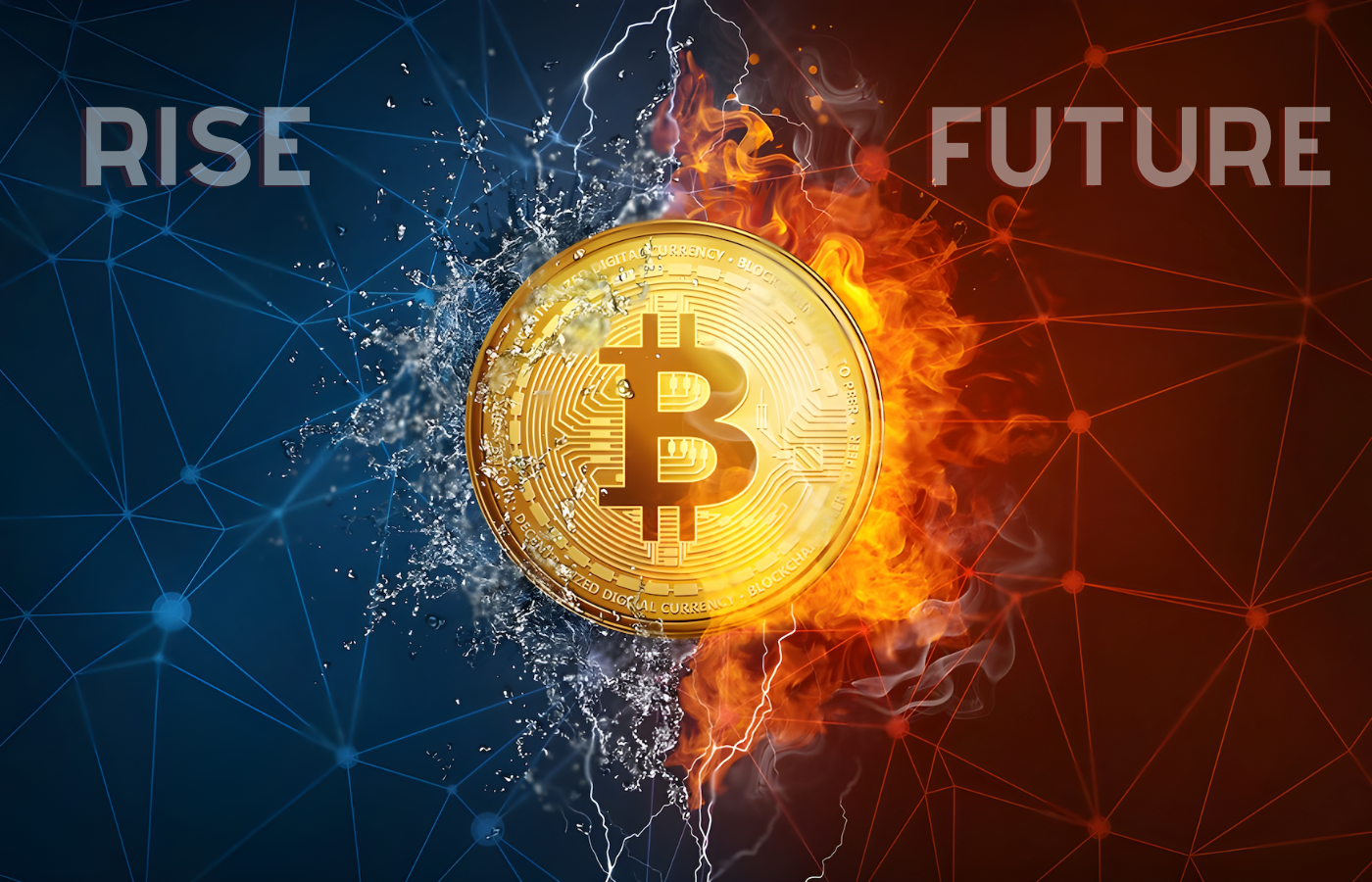Global Economics and Development
A Crisis to Overcome or an Opportunity to Seize?
By Desk Reporter
In the face of escalating global challenges, ranging from climate change and geopolitical tensions to economic disparities, the discourse surrounding new economic models and international development has intensified. These crises, while daunting, present unique opportunities to re-evaluate and reshape economic paradigms to foster sustainable and inclusive growth worldwide.
Traditional macroeconomic models, particularly the New Keynesian Dynamic Stochastic General Equilibrium (NK-DSGE) framework, have been foundational in economic analysis for decades. However, their efficacy in addressing large-scale shocks has been questioned. Critics argue that these models, predicated on the assumption of economies returning to a singular equilibrium post-shock, are ill-equipped to handle the complexities of modern crises. In response, economists are advocating for a paradigm shift towards more adaptable and empirically grounded models that can better navigate the multifaceted challenges of the 21st century.
Moreover, the rise of digital economies, decentralized finance, and artificial intelligence-driven analytics is altering the way economies function. The traditional economic models that relied heavily on physical industries and predictable business cycles are being disrupted by rapid technological advancements. Governments and policymakers must adapt their regulatory frameworks to ensure that these innovations contribute to equitable economic growth rather than exacerbating wealth gaps.
The climate crisis stands as one of the most pressing challenges of our time. Recent research suggests that proactive measures to mitigate climate change can simultaneously drive economic growth. Setting ambitious targets to reduce greenhouse gas emissions is projected to result in a 0.23% increase in global GDP by 2040, with even more substantial benefits by 2050.
For advanced economies, this could mean a 60% rise in GDP per capita, while lower-income countries might experience a 124% increase. Such findings challenge the narrative that environmental responsibility hampers economic progress, highlighting instead the potential for a symbiotic relationship between ecological stewardship and economic prosperity.
Additionally, the transition to green economies presents opportunities for job creation in renewable energy, sustainable agriculture, and environmental conservation. Governments and private sector leaders must seize this moment to invest in green infrastructure, ensuring that economic growth is not only resilient but also environmentally responsible.
The landscape of international development financing is undergoing significant transformation. With reductions in foreign aid and increasing debt burdens, many developing nations are approaching the limits of their populations’ tolerance for additional taxation. This scenario underscores the necessity for donors and international institutions to invest in building robust tax policies and efficient administrative systems within these countries. By enhancing domestic revenue generation capabilities, nations can achieve more sustainable development financing, reducing reliance on external aid and fostering greater economic autonomy.
Moreover, innovative financial instruments such as social impact bonds, green bonds, and blended finance strategies are gaining traction. These mechanisms leverage private capital for public good, providing sustainable funding streams for infrastructure, education, and healthcare projects in developing regions. The challenge, however, lies in ensuring transparency, accountability, and equitable access to these financial resources.

Malnutrition remains a critical issue, exacerbated by diminishing development assistance budgets. The recent Nutrition for Growth summit emphasized the need for strategic investments in nutrition, which have been shown to yield high-impact results at relatively low costs. By committing resources to combat malnutrition, world leaders can save lives, reduce inequality, and enhance global security. Such initiatives demonstrate how targeted investments in human capital can serve as both a moral imperative and an economic opportunity, fostering healthier populations capable of contributing more effectively to economic development.
Furthermore, investing in nutrition and food security can yield long-term economic benefits by improving workforce productivity and reducing healthcare costs. Governments should prioritize policies that enhance agricultural sustainability, improve food distribution networks, and provide nutritional education to vulnerable populations.
The future of international economic institutions is at a crossroads. As demographic shifts, particularly in sub-Saharan Africa, alter the global economic landscape, existing financial structures are being called into question. The anticipated surge in the working-age population in these regions presents both a challenge and an opportunity. To harness this potential, substantial investments—estimated at $400 billion annually—are required. However, current mechanisms have largely failed to mobilize the necessary private investment. This situation calls for a reimagining of global financial architectures to better support sustainable development and equitable growth, ensuring that burgeoning populations can contribute meaningfully to the global economy.
In addition to increased investment, there is a need for structural reforms in institutions like the International Monetary Fund (IMF) and World Bank. Many developing nations argue that these institutions are outdated and disproportionately favor Western economic interests. Calls for a more inclusive decision-making process, greater representation for emerging economies, and a shift from debt-based aid to equity-based partnerships are growing louder.
Housing affordability crises are prevalent across many nations, underscoring the need for innovative strategies to expand housing supply. Initiatives such as streamlining zoning processes, facilitating property acquisitions, supporting construction innovations, and strengthening financing mechanisms have been identified as effective approaches. For instance, Chicago’s “Cut the Tape” initiative aims to simplify municipal regulations, thereby reducing barriers to affordable housing development. By adopting such strategies, cities can stabilize neighborhoods, stimulate local economies, and promote inclusive growth.

Additionally, governments should explore alternative housing solutions, such as modular construction and cooperative housing models. Public-private partnerships can play a crucial role in ensuring that housing remains both accessible and sustainable in rapidly growing urban areas.
Forced displacement has reached unprecedented levels, with over 100 million individuals displaced globally. Traditional humanitarian assistance, while vital, is insufficient for addressing the long-term needs of these populations. Emphasizing socio-economic integration—through education, employment opportunities, and community engagement—can transform displaced individuals from passive aid recipients to active contributors to their host communities. This approach not only enhances the dignity and self-reliance of displaced persons but also stimulates local economies and fosters social cohesion.
Incorporating refugees into the workforce, supporting their entrepreneurship, and facilitating their access to education can create a win-win situation for both the displaced and the host countries. Policymakers should prioritize policies that provide legal pathways for refugees to contribute meaningfully to society rather than being seen as a burden.
The confluence of global crises presents a pivotal moment to reassess and innovate economic and development strategies. By embracing new economic paradigms, investing in sustainable initiatives, reforming financial institutions, and promoting inclusive policies, the international community can transform current challenges into opportunities for a more resilient and equitable global economy. This proactive approach requires collaboration, adaptability, and a commitment to reimagining traditional models in favor of more holistic and sustainable solutions.
While crises are inevitable, they also serve as catalysts for change. The choices made today will determine whether these challenges deepen global inequalities or usher in an era of more inclusive and sustainable development. Policymakers, business leaders, and global institutions must act decisively to seize the opportunities embedded within these crises, ensuring a future where economic progress benefits all.


